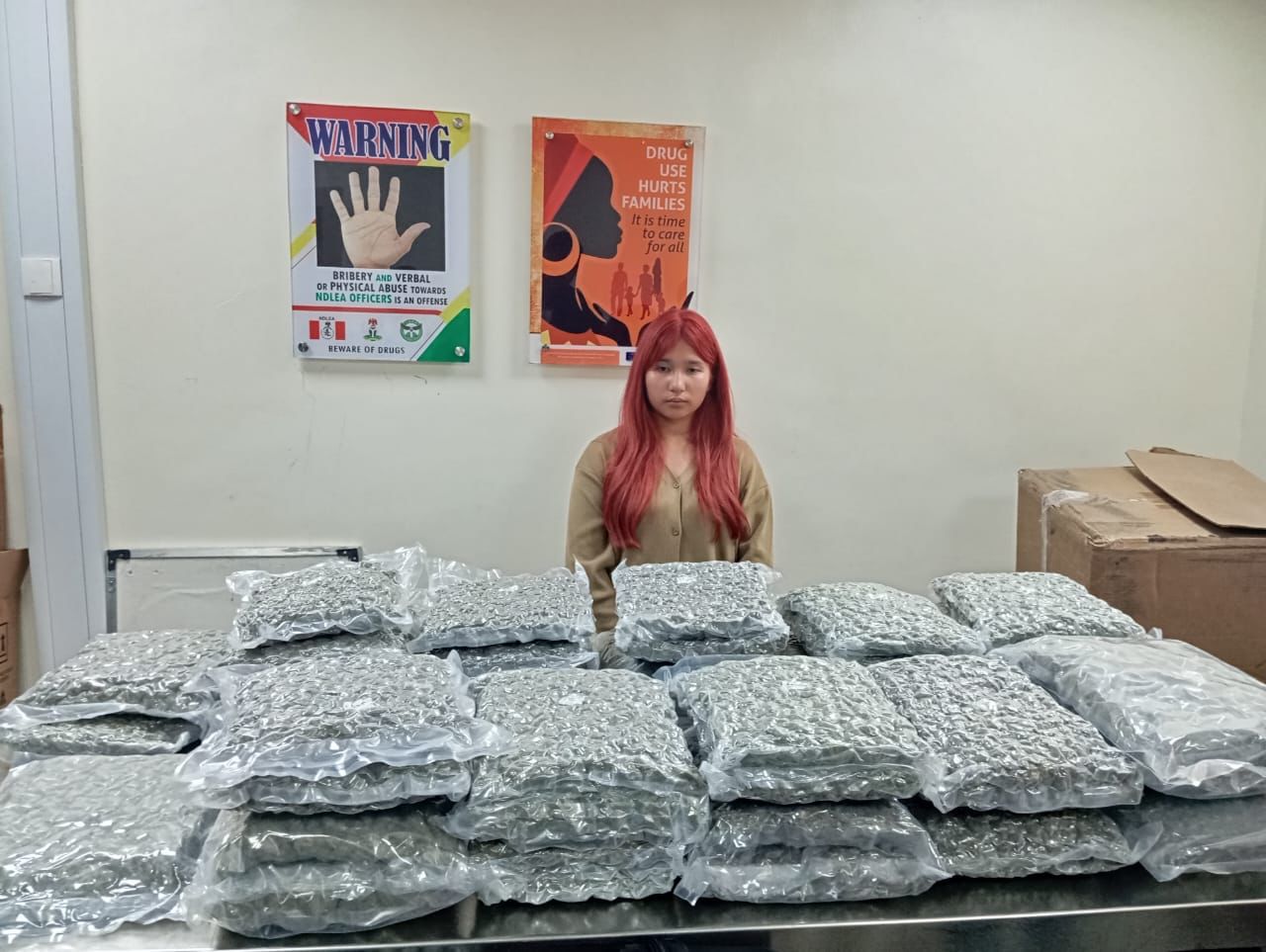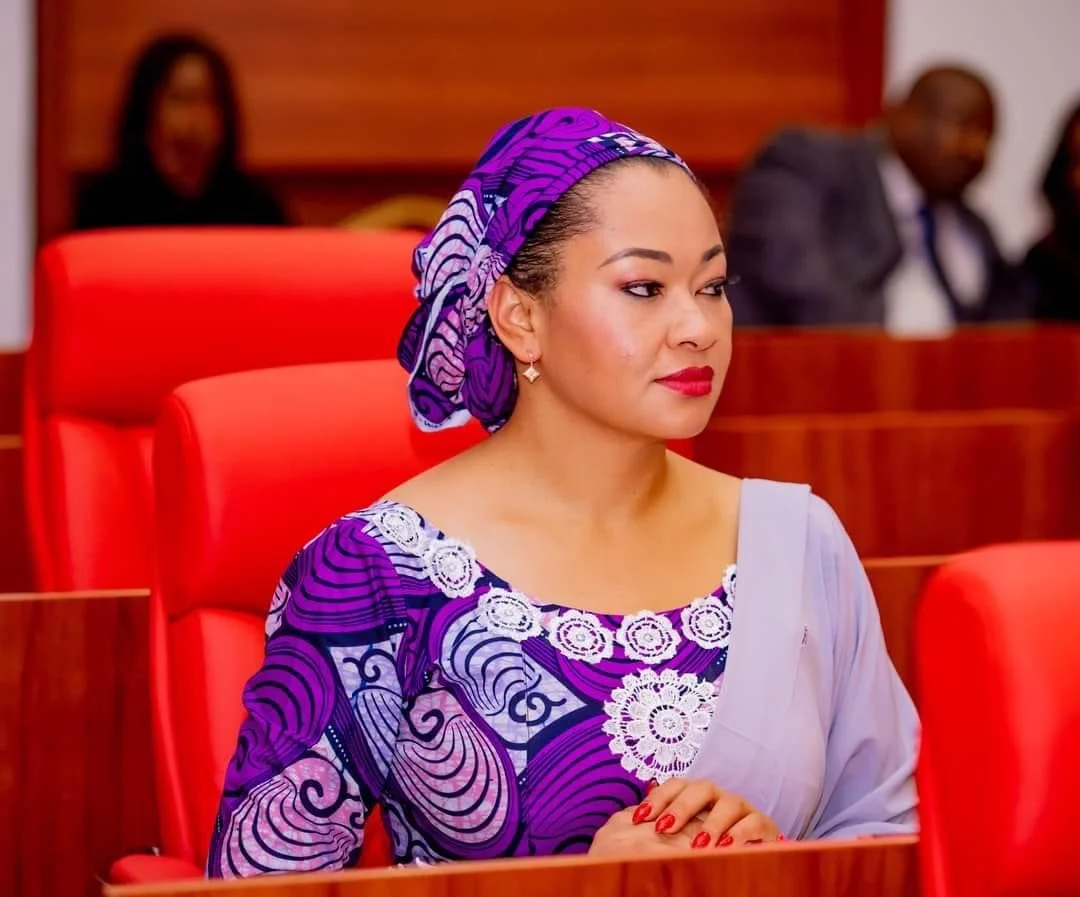The more I read on social media, the more I feel compelled to comment on the Grammy Awards.
However, winning a Grammy does not automatically make you the most popular, successful, or best artist with the best-selling songs in your country or around the world.
Why do I say so? I understand that some of you GenZs may have such questions. Please continue reading for an explanation.
During the analogue recording era, some Nigerian artists who established the country’s musical identity never received a Grammy nomination or won one. I am referring to artists such as Fela Anikulapo-Kuti, King Sunny Ade, Prince Nico Mbarga of Sweet Mothers’ Fame, and Osita Osadebe/Oliver De-Coque, to name a few.
Fela’s music genre, afrobeat, has been corrupted to mean afrobeats, and some have used it to make big bucks and win awards, including the Grammy. However, Fela has never been recognised by major award bodies in Europe/ America. Nonetheless, Fela remains the greatest musical talent to emerge from Nigeria.
Let us fast forward to King Sunny Ade, the musician described as a master guitarist by Time Magazine; however, a young Nigerian musician who should know better dismissed the description as a marketing ploy by his international handlers. When Mr. Chris Blackwell’s Island Records signed him, he became the first Nigerian act, and juju musician in particular, to receive an international record deal. Remember, it was the same Island Records that signed Bob Marley. Even though the deal collapsed a few years later, Sunny Ade continued to make international forays even at his current age, regardless of his Grammy status. As proof of his talent in the music industry, he and Femi Anikulapo-Kuti, who has never won a Grammy despite several years of nominations, are the only Nigerian musicians to have performed at the popular North Sea Jazz Festival in the Netherlands. Similarly, he is the only Nigerian act to have performed at the Jamaican version of Reggae Sunsplash in Kingston, Jamaica, even though he is not a reggae musician and does not have dreadlocks, which are characteristics of a reggae musician. Sunny Ade has made significant contributions to music, particularly juju music. However, he has received no mention from the Grammy organisers, and Juju iMusic is not even listed in its category.
Nico Mbarga is up next; despite breaking all sales records, his Sweet Mother song never received a Grammy or nomination. The song was sung in the ’70s by Nico, who was half Nigerian (his mother was a Cross Riveran from Ikom), and his father was a Cameroonian. The song has been sampled in over 70 countries, including non-English-speaking Japan. The only song from Nigeria that comes close is 2Baba’s “African Queen,” but a hit-and-run bike ride knocked him down in Calabar while on his way to the American Embassy to obtain a visa for a show in America. Very unfortunate!
What about IK Dairo, Osita Osadebe, and Oliver De-Coque Coquette, who made huge local and international impacts in their respective genres of music but never received a Grammy nomination or won an award?
In Dairo’s case, he was so good that the Queen of England, Elizabeth 11, awarded him the MBE in 1963. He is the first and only Nigerian musician to receive this honour. So, what is the big deal about Davido not winning the award? After all, he is still in music, he is still young, and he can still win. He has accomplished more with the money he earned from music than any of his contemporaries who have been nominated or won the award.
Do not misunderstand what I am saying; simply winning an award does not make a musician the best in general, nor the most popular or selling act.
We will not be able to build our own award until we begin to reduce our reliance on these foreign awards; we missed an opportunity when we allowed the Nigerian Music Awards (NMA), established by the Performing Musicians Employers’ of Nigeria during Chief Tony Okoroji’s tenure, to die. It would have been as popular as the Grammys, Brits, Oscars (for filmmakers), and so on.




 1 day ago
33
1 day ago
33









 English (US) ·
English (US) ·